Medical Students
Vanderbilt Otolaryngology–Head & Neck Surgery plays an active role in fostering the clinical skills, professional relationships, and hands-on experience for Vanderbilt University School of Medicine students and visiting students. Our goal is to give medical students the opportunity to learn about the field of Otolaryngology from industry leaders, as well as participate in clinics, patient care, and surgeries. The goal of the program is to give each student solid knowledge of Otolaryngology that can either be incorporated into a career in Otolaryngology or as an essential building block in the medical student's education.
If you have any questions, please contact Jordan Lawson, medical student clerkship coordinator: otohnsclerkship@vumc.org.
Don't miss the 3D virtual tours of our campus.
-
Medical students from other institutions interested in the Vanderbilt Visiting Student Program must apply through the Visiting Student Program Manager and Visiting International Student Program. Applications are available at Visiting Student Learning Opportunities Application Service (VSLO). For the 2025-2026 academic year, VUSM will receive applications beginning March, and the first possible visiting student rotation will be in June 2025.
Students interested in 4th-year electives at VUSM should send an inquiry to visitingmed@vanderbilt.edu. For more information, please visit Vanderbilt Visiting Medical Students.
-
As medical students grow as professionals, their responsibilities also grow - and Vanderbilt Otolaryngology-Head & Neck Surgery is honored to be a part of the journey. The medical students rotate through Otolaryngology on the following schedule:
- VUSM MS1 (first-year medical students)
- Continuity care clinic (CCX) that includes all specialties, including Otolaryngology.
- VUSM MS2 (second-year medical students)
- Two-week sub-specialty block in Otolaryngology during Surgery Clerkship.
- VUSM MS3 and MS4, Visiting Medical Students MS3 and MS4 (third- and fourth-year medical students)
- Advanced Clinical Experience (ACE) four-week program
- VUSM Careers in Medicine (CiM)
- Medical students are encouraged to participate in CiM, a one-to-two week clinical rotation that is available to students of all years. Medical students can select Otolaryngology as a part of this program, or narrow their focus into an Otolaryngology sub-specialty. VUSM MS2 students can use CiM as their two-week elective.
- VUSM MS1 (first-year medical students)
-
Third- and fourth-year medical students are invited to apply for the Advanced Clinical Experience (ACE) elective. This four-week program focuses on giving students interested in Otolaryngology a cross-section of clinical experience, operating room participation, and rounding with the team twice a day at the hospital. Rotating away medical students should apply to the program using the Visiting Student Learning Opportunities (VSLO) website.
ACE students rotate through Otolaryngology sub-specialties, including:
- Head and Neck
- Neurotology
- Pediatrics
- General Otolaryngology (including Laryngology, Rhinology, and Sleep Surgery)
The ACE program gives students significant exposure to Vanderbilt Otolaryngology faculty and residents, helping to build relationships and learn from some of the best Otolaryngologists in the country. At the end of their ACE rotation, each student gives a five-to-ten-minute presentation during a resident teaching conference. This presentation is typically attended by at least one member of the Vanderbilt Otolaryngology faculty, as well as the Chief Residents and additional residents on service at the time.
Vanderbilt students interested in learning more about applying for the ACE program during their third and fourth-year selections should review the Immersion Courses or contact the Office of Enrollment Services. Visiting students can learn more about the Otolaryngology ACE rotation at Vanderbilt’s Visiting Student Elective website. The ACE program is an option for current Vanderbilt medical students, as well as visiting students with an interest in Otolaryngology.
For the 2023-2024 academic year, Vanderbilt Otolaryngology–Head & Neck Surgery welcomed the following ACE participants:
- Vanderbilt students: 4
- Meharry students: 1
- Visiting US students: 33
- Visiting international students: 2
-

STAR OTO: Short Talks by Aspiring Residents in Otolaryngology was created in 2020 by Brandon Esianor and Madelyn Stevens to showcase medical student talent asynchronously and allow for mentorship and scholarship. Learn more at their website.
Read more about this and other virtual educational innovations at: Landeen KC, Esianor B, Stevens MN, Fernando S, Merriam J, Kreth K, Whigham AS, Haynes D, Eavey R. Online Otolaryngology: A Comprehensive Model for Medical Student Engagement in the Virtual Era and Beyond. Ear Nose Throat J. 2021 Jul 5:1455613211029748. doi: 10.1177/01455613211029748. Epub ahead of print. PMID: 34218707.
-
Introduction
The Vanderbilt Training of Otolaryngology Physician Scientists (V-TOPS) program is a 12-month research experience for students interested in otolaryngology-related research. The program is directed by Justin Turner, MD, PhD. Students at any stage of their medical school education are welcome to apply.
Students will select a faculty mentor and work with him/her to define a research project. Any type of clinical, translational, or basic science research in the field of otolaryngology can be supported. Students will receive a stipend and an allowance for research expenses and conference travel.
Deadlines
- Application deadline March 15
- Interviews conducted in March
- Candidate selected by April 1
How to Apply
Interested candidates should submit their CV, a cover letter explaining their interest in the program and previous relevant experience, and contact information for two references to Justin Turner (justin.h.turner@vumc.org) and Yulia Gurevich (yulia.gurevich@vumc.org).
Contact the Program Coordinator, Yulia Gurevich, with any questions about the program.
Mentorship
The mentorship arrangement for the V-TOPS program has been designed to provide each student with multiple touchpoints for scientific, clinical, and professional mentorship. Students will be assigned a physician-scientist mentor immediately upon entering the program so they can learn about the life of a physician-scientist.
Once accepted to the program, students will work with the Program Director to select a research mentor. Virtual or in-person meetings will be arranged with prospective mentors. After starting the program, the trainee will work with their mentor to develop a research plan and assemble a Mentorship Committee. The Mentorship Committee will be chaired by the research mentor and must include a minimum of three other members, with at least one of them from outside the Department of Otolaryngology.
Program Timeline
Students will select a research mentor prior to starting the program (at latest by June 1).
July-September: The student will work with the mentor to develop research plan and select a Mentorship Committee. This will be reviewed and approved by the Program Director.
October-May: The Mentorship Committee will meet two times during the 12-month research rotation. Students will be expected to present their research at a minimum of one national or international meeting.
June-July: The student will give a summary presentation on their research to the Program Director and Mentorship Committee prior to program completion.
Core Program Faculty
The core program faculty and their research interests are listed below. Trainees are not limited to selecting a primary research mentor from the core program faculty and may choose any qualified faculty member at VUMC as a mentor. All mentorship selections must be approved by the V-TOPS Program Director.

Katherine Cahill, MD
Dr. Cahill is an international expert on aspirin-exacerbated respiratory disease (AERD) and has active research programs in asthma pathophysiology and mechanisms of nasal polyposis. Her lab utilizes translational approaches to identify how cells and mediators of the innate immune system contribute to novel mechanisms driving sub-phenotypes of adult asthma and chronic rhinosinusitis with nasal polyposis.
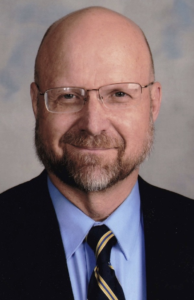
Stephen Camarata, PhD
Dr. Camarata’s research interests are focused on the identification and treatment of speech, language disorders and hearing loss. Among other projects, he is currently working with Dr. Dawant and Dr. Gifford on image-guided cochlear implant programming.

Benoit Dawant, PhD
Dr. Dawant is the Director of the Vanderbilt Institute for Surgery and Engineering (VISE). His research focus is on medical image processing and analysis, image registration, image segmentation, and image-guided surgery. Dr. Dawant collaborates with several otolaryngology clinical faculty in the area of computer-assisted, image-guided programming of cochlear implants.
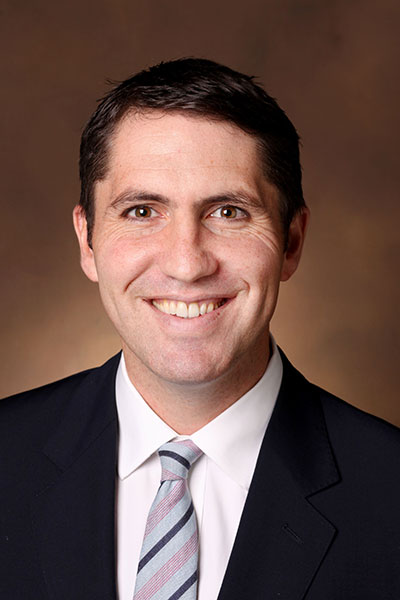
Alexander Gelbard, MD
Dr. Gelbard is a laryngologist and co-directs the Vanderbilt Complex Airway Reconstruction Program. His lab studies obstructive fibrotic diseases in the larynx and trachea (collectively termed laryngotracheal stenosis, i.e., LTS), using a unique combination of genetic, molecular, and epidemiologic approaches to investigate the critical factors underlying the pathogenesis and treatment of LTS. He founded the North American Airway Collaborative in 2014 to provide information about the management of adult airway disorders and encourage multi-institutional research initiatives.
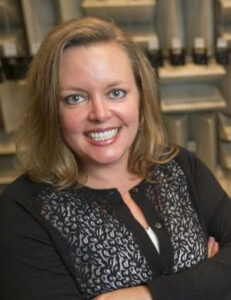
Rene Gifford, PhD
Dr. Gifford is currently the Director of the Cochlear Implant Research Laboratory, Director of the Cochlear Implant Program in the Division of Audiology, and Director of Research for the National Center for Childhood Deafness and Family Communication (NCCDFC) at the Vanderbilt Bill Wilkerson Center. Her current research interests include combined electric and acoustic stimulation (EAS) with cochlear implantation, hearing preservation with cochlear implantation, preoperative prediction of postoperative outcomes with implants, speech perception for adults and children with cochlear implants, and spatial hearing abilities of individuals with unilateral and bilateral cochlear implants.
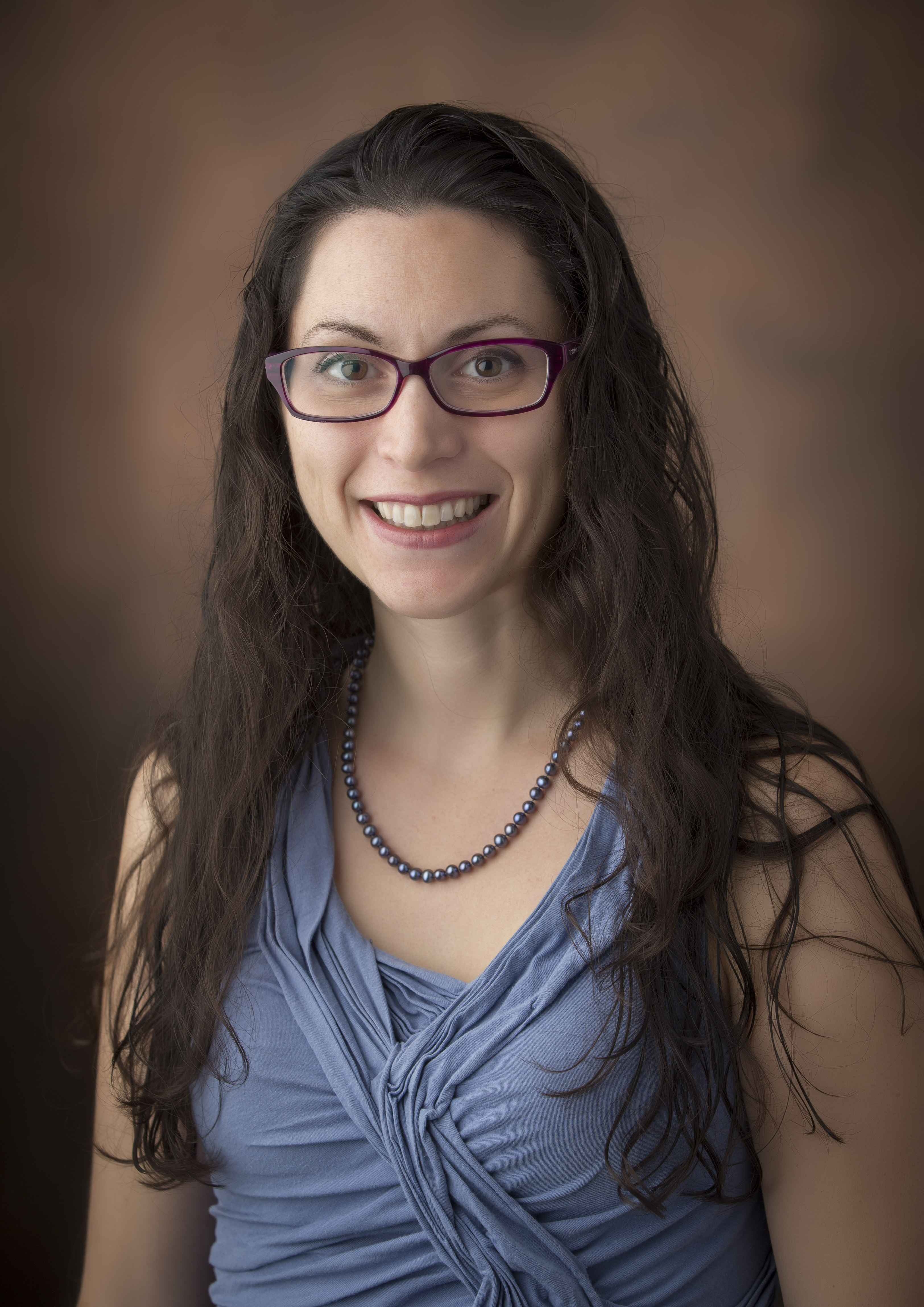
Reyna Gordon, PhD
Dr. Gordon co-directs the Music Cognition Lab with Dr. Lense, and her primary research interest is the biologic basis of music and language. Current research projects address the neural and genetic architecture of individual differences in musicality and how musicality traits like rhythm relate to language, communication, and health.
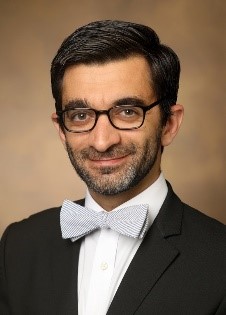
Taha Jan, MD
Dr. Jan’s research focuses on regenerative biology of the inner ear with the ultimate goal of translating discoveries in the laboratory to therapies in the clinic and operating room. His lab studies development and regeneration in the mammalian inner ear and performs translational research using disease models of hearing loss. This work aims to transform our understanding of hearing loss and identify mechanisms that can be targeted for diagnosis and treatment of patients suffering from hearing and balance impairment.
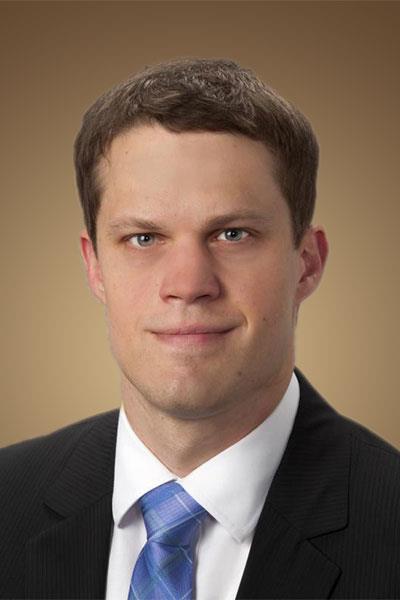
David Kent, MD
Dr. Kent’s clinical and research interests are focused on the diagnosis and treatment of obstructive sleep apnea (OSA). He participates in multiple clinical trials and recently developed novel technology for OSA therapy (ansa cervicalis stimulation).
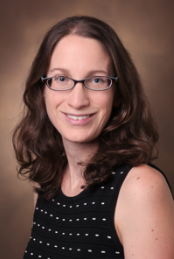
Miriam Lense, PhD
Dr. Lense co-directs the Music Cognition Lab with Dr. Gordon, and her research focuses on the use of auditory neuroscience/music cognition as a window into affective, social, and cognitive processes. Current work focuses on individual differences in the rhythm and timing of social engagement in children with or at-risk for developmental disorders like autism spectrum disorder (ASD) and clinical applications for children and families.
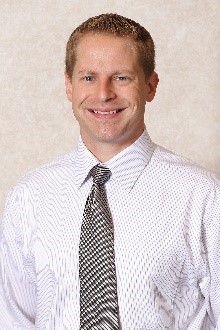
Aaron Moberly, MD
Dr. Moberly is co-director of the Vanderbilt Cochlear Implant Cognition and Communication Lab, which studies outcomes after adult cochlear implantation. This includes projects focused on predicting cochlear implant outcomes prior to surgery, along with exploring the auditory and social experiences of adults receiving cochlear implants. Additional projects in the lab aim to broaden our assessments of outcomes to capture aspects of patients' real-world communication functioning. Dr. Moberly's second line of research is an NIH-funded collaboration with Dr. Metin Gurcan, Director of the Center for Biomedical Informatics and the Clinical Image Analysis Lab at Wake Forest University, which aims to develop machine-learning algorithms to improve otoscopic diagnosis of ear disease.
Jeffrey Rathmell, PhD
Dr. Rathmell serves as Director of the Vanderbilt Center for Immunobiology. His lab studies mechanisms by which metabolic pathways influence the function and fate of lymphocytes in inflammatory diseases, anti-tumor immunity, and in leukemia.
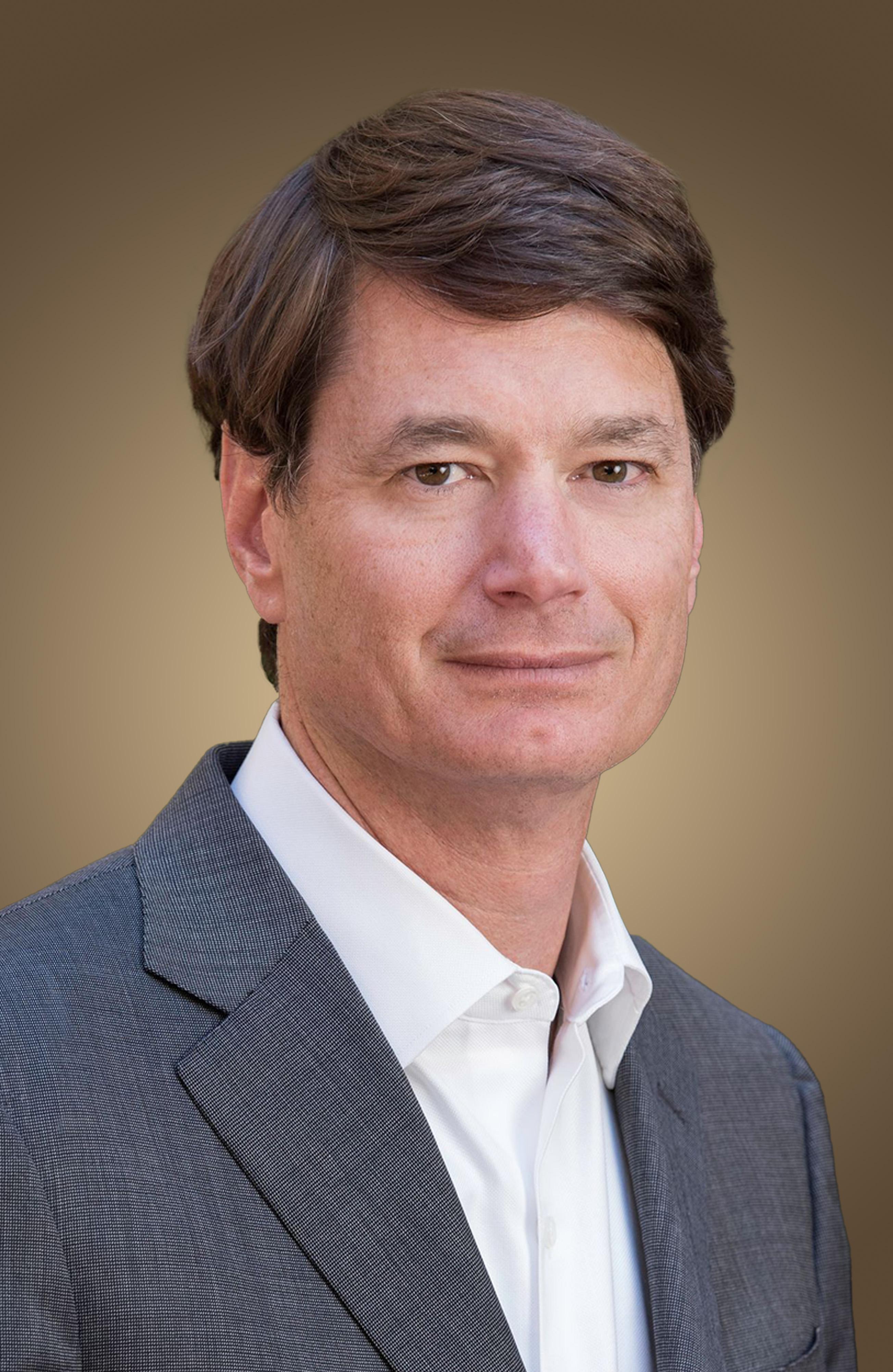
Eben Rosenthal, MD
Dr. Rosenthal specializes in the treatment and reconstruction of head and neck cancer. His laboratory investigates the use of optical imaging techniques to better detect cancer during surgical procedures.

Nabil Simaan, PhD
Dr. Simaan’s research is focused on the design and development of robotic systems for surgical assistance. Through VISE he has collaborated with multiple otolaryngology clinical and research faculty to develop steerable robots for surgery of the sinuses, skull base, and middle ear.
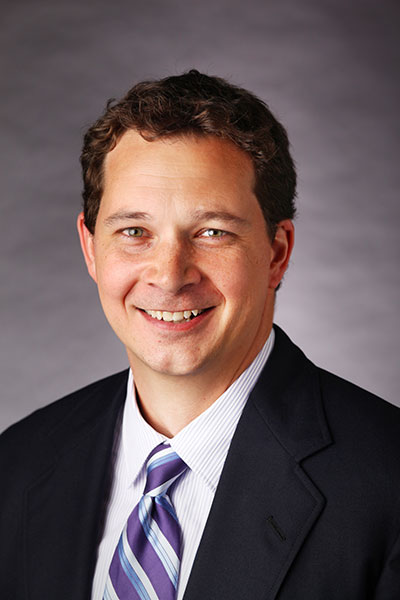
Justin Turner, MD, PhD
Dr. Turner is a rhinologist with clinical and scientific interests in upper airway inflammatory diseases (chronic rhinosinusitis, allergic rhinitis) and olfactory dysfunction. He is also the Director of the Vanderbilt Smell and Taste Disorders Clinic.

Robert Webster, PhD
Dr. Webster’s research interests are in surgical robotics, and more generally in applying scientific and engineering tools to enhance all aspects of medicine. He has developed specific systems for surgery through the nostrils, throat, and urethra. He has ongoing collaborative research efforts with otolaryngology clinical and research faculty.
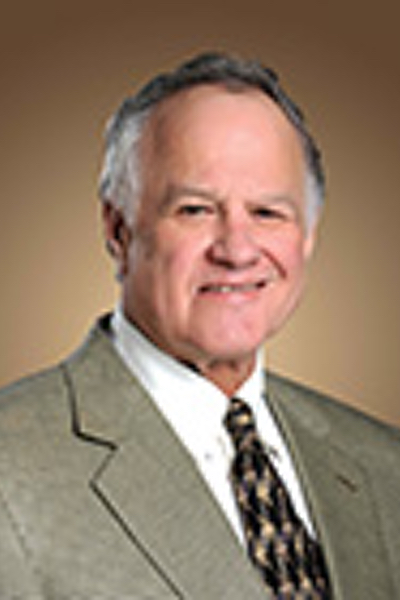
David Zealear, PhD
Dr. Zealear’s research is focused on understanding and exploiting basic neurophysiological mechanisms underlying neural control of laryngeal muscles and the neuromodulation of their reinnervation following nerve injury. Dr. Zealear is the PI of a clinical trial to reanimate the larynx with functional electrical stimulation in patients with long-term synkinetic bilateral vocal fold paralysis.